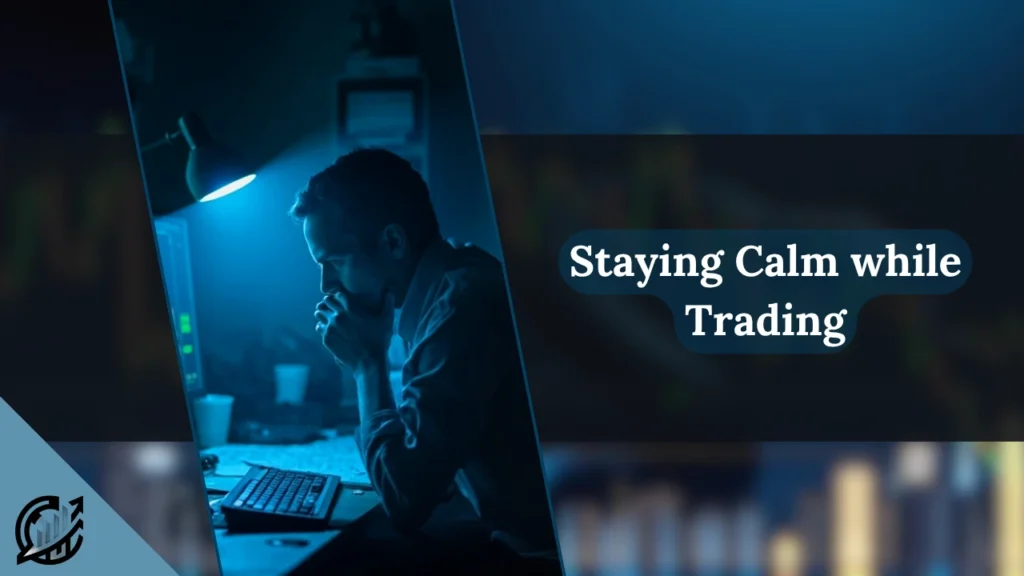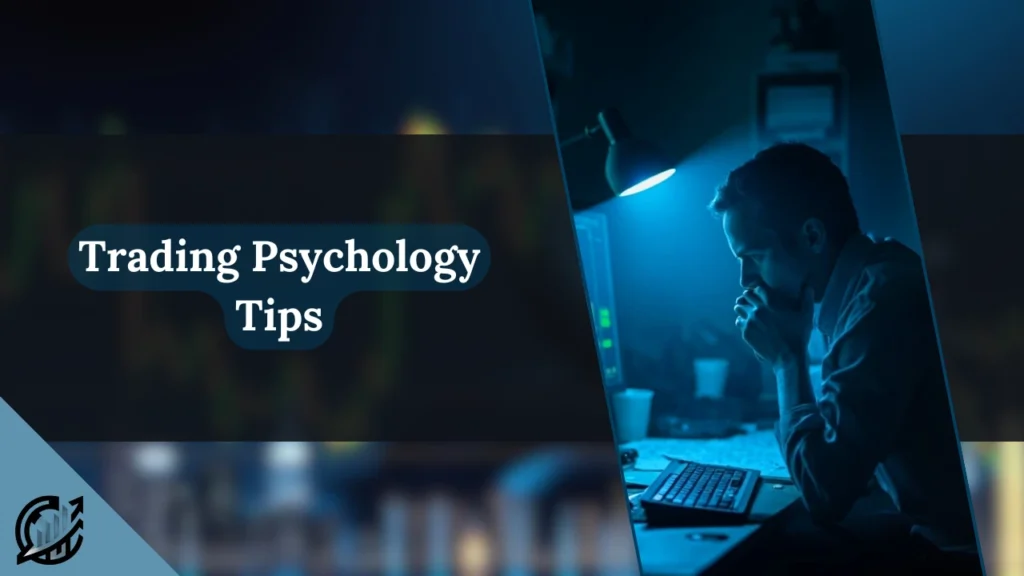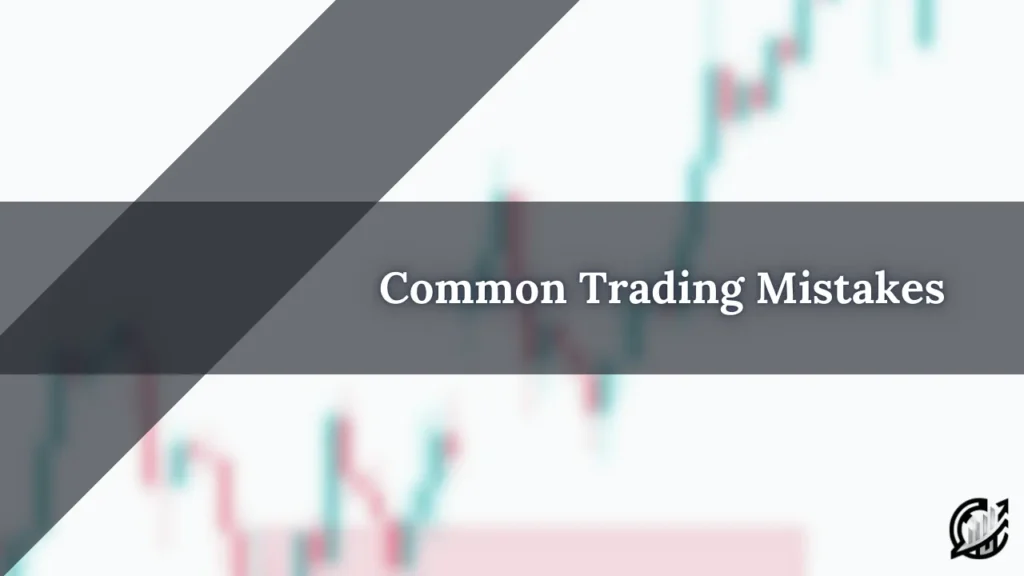
Table of Contents
Trading success is highly dependent on two critical pillars: trading psychology and trading strategy. Trading strategies can vary with the passage of time and experience. However, your trading psychology must be strong in the whole journey. Trading psychology vs trading strategy is a topic that often confuses both beginners and seasoned traders.
This article explores core concept of each pillar, their difference, and how mastering both can elevate your trading game. As far as profitability is concerned, you must master the mindset behind trades and the tactics that drives them.
Trading Psychology vs Trading Strategy
Trading psychology refers to the mental and emotional factors that influence a trader’s decision-making process. It combines how you control emotions like fear, greed, and stress, and how your mindset shapes your ability to stick to a plan. The markets are a psychology battlefield, where discipline often trumps impulsiveness.
On the other hand, trading strategy is a set of structured rules and techniques that guide when to enter, manage, and exit trades. It is a plan that is used to navigate the market based on technical analysis, fundamental analysis, or a combination of both. Trading strategies are external part of trading and relies heavily on data-driven decisions.
Elements of Trading Psychology
The following are the elements of Trading psychology:
- A trader should control their emotions. Emotional control helps prevent panic-selling during a market crash.
- Another important element is discipline. With this, you can execute a trading plan without deviating due to FOMO or overconfidence.
- In Trading Psychology, patience is the key factor that force you to wait for the right trade setup rather than forcing trades out of boredom.

Let’s consider, a trader with strong emotional discipline avoids chasing a stock that is skyrocketing. He/she recognizes the fact that greed could lead to buying at a peak. Trading psychology is about mastering the inner game to make informed decisions.
Elements of a Trading Strategy
The following are the elements of a Trading strategy:
- It contains entry and exit rules.
- Managing risk is an integral part of trading part of trading strategy.
- Market Analysis using well-informed theories.
- Selecting timeframes for your trading.

There are various strategies. Almost every trading strategy contains limitations. This is because of nature of trading. From traditional to Smart money strategies, if employed accurately with trading psychology enhances your trading outcomes.
Difference Between Trading Psychology vs Strategy
Its core difference lies in their focus and application. Trading psychology is about trader’s mindset and emotions. On the other hand, a trading strategy is about the technical and analytical framework for making trades. You can say that trading psychology revolves around how you think, and trading strategy dictates trading process.
Its major difference revolves around mindset versus mechanics. Trading psychology focuses on “how a trader controls his/her emotions and maintain discipline.” There is a possibility that a trader might have a perfect strategy but fail due to overtrading. On the other hand, trading strategy is centered around mechanics of trading (technical analysis). From traditional levels (support and resistance, supply and demand zones) to institutional level (order blocks, fair value gaps, or swing highs and lows), trader can craft trading plan using these levels.
The second important difference that you need to understand is its internal and external nature. Trading psychology is internal and deals with personal biases like confirmation bias, or fear of loss. On the other hand, trading strategy is external part of trading. It relies heavily on market data and strategies like price action, supply and demand, candlestick patterns, chart patterns or SMC and ICT trading.
Trading psychology requires adaptability to handle unexpected market volatility or personal setbacks. On the other hand, trading strategy provides a structured framework.
A beginner trade face difficulties in dealing with market dynamics. For example, during a market correction, a trader’s psychology can help trader stay calm and avoid panic. While their trading strategy might signal a short-selling opportunities. Well, it is the trading psychology that enables us to wait until market create predictable patterns.
Common Mistakes in Trading Psychology
As we have said, for successful trading, trading strategy and psychology go hand in hand. Even with a solid trading strategy, and poor trading psychology can destroy success. The most common mistakes are overtrading, revenge trading, and lack of confidence.
Taking trades because of boredom or FOMO often leads to losses. As a trader, stick to your plan and wait for predicable patterns. Similarly, if you face a loss in a trade, never chase quick wins to make it back. Never ignore risk management rules. Lastly, carefully select your trading strategy and never doubt it during trading. Trust your back-testing and focus on end result.
Common Mistakes in Trading Strategy
For successful trading, never underestimate high value trading strategy. A weak or misapplied trading strategy can undermine even the most disciplined trader. The most common mistakes are overcomplicating the strategy, ignoring market condition, and poor risk management.
Although trading is a difficult task but most of the time it is the traders who make it difficult by overcomplicating the strategy. Using too many indicators, pattern, and theories can cause analysis paralysis. Try to keep it simple and clean.
Secondly, understand the nature of trading strategy. A trend-following strategy may fail in a range-bound market. Focus on market conditions and then decide your strategy. Lastly, never ignore your risk management rule. Keep your stop-loss properly and never risk too much in a single trade.
Why both are Crucial for Trading success
Trading psychology vs strategy is not about chasing one over other. A trading strategy is considered useless if you lack the discipline to follow it. Similarly. The strongest mindset won’t help without a plan.
It would not be incorrect to say that psychology support strategy, and strategy reinforce psychology. A clear trading strategy reduces emotional stress by providing objective rules, minimizing impulsive decisions during market spikes.
Final Thought
Trading psychology and trading strategy represents the balance between mindset and mechanics. Mastering psychology helps you bear the pressure of market. On the other hand, high value trading strategy provides roadmap to profitability. By addressing common mistakes, you can achieve long-term success. Start by journaling your trades, test your strategies on previous price action data, and linking to resource on risk management and market analysis to deepen your expertise.
FAQs
What is the main difference between trading psychology and trading strategy?
Trading psychology focuses on managing emotions and mindset, while trading strategy involves the technical rules for entering and exiting trades.
How does trading psychology affect trading performance?
Poor trading psychology can lead to impulsive decisions, like overtrading or ignoring stop-losses, and undermining your strategy.
Can trading psychology be improved over time?
Yes, just like trading strategies, trading psychology can be improved over time. Practices like journaling, meditation, and setting realistic goals can strengthen your trading psychology.
How to improve trading psychology?
Strengthen your trading psychology requires practice and self-awareness. The best possible solutions are journaling your trades, meditation, avoid chasing unrealistic profits, and step away after losses to reset your mindset and avoid revenge trading.
How to build a powerful trading strategy?
A strong trading strategy is data-driven. By back-testing, defining rules, incorporating risk management, and regularly reviewing your trades can help in building a powerful trading strategy.

I’m Aatiq Shah, a dedicated forex and crypto market practitioner with three years of hands-on experience. Currently, I’m working as a Financial Manager. My journey in the world of finance has equipped me with the skills and knowledge needed to navigate the complexities of the forex and crypto markets.





